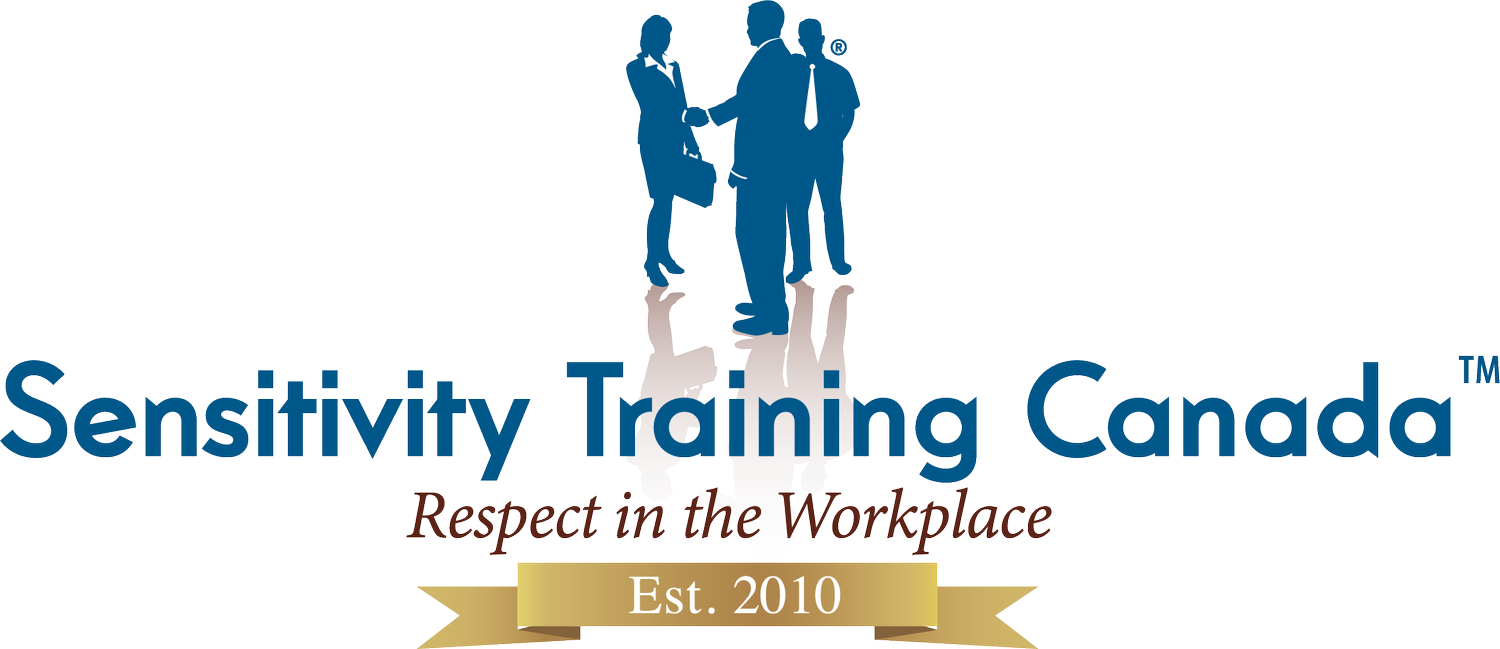Enhancing Indigenous Relations: Cultural Sensitivity Training
In today's multicultural workplace, fostering understanding and respect among all employee groups is crucial. The Cultural Sensitivity Training for Indigenous Relations workshop by Sensitivity Training Canada aims to build awareness and deepen cross-cultural respect, explicitly focusing on Indigenous Peoples of Canada. This skills-based training complies with the Truth and Reconciliation Commission of Canada: Calls to Action, specifically Sections 57 and 92 (iii). Here's how this training can help strengthen intercultural competency and promote a more inclusive workplace.
The Importance of Cultural Sensitivity
Understanding the history, challenges, and strengths of Indigenous communities is key to building a respectful and inclusive workplace. Here's why cultural sensitivity training is essential:
Promotes Inclusivity and Respect: Encourages understanding and appreciation of the diverse backgrounds and contributions of Indigenous Peoples.
Complies with Legal Requirements: Aligns with the Truth and Reconciliation Commission of Canada's Calls to Action.
Improves Workplace Culture: Creates an environment where every employee feels valued and understood.
Training Components
The Cultural Sensitivity Training for Indigenous Relations workshop covers a comprehensive range of topics designed to equip participants with the knowledge and skills needed to promote inclusivity.
Intercultural Competency and Conflict Resolution
Understanding Indigenous Cultures: Explores the rich cultural heritage and traditions of Indigenous Peoples in Canada.
Conflict Resolution Skills: Provides participants with tools to resolve conflicts arising from cultural misunderstandings effectively.
Human Rights and Anti-Racism
Human Rights Awareness: Explores the rights of Indigenous Peoples and the importance of upholding these rights in the workplace.
Anti-Racism Strategies: Teaches participants how to identify, challenge, and address racism and discrimination in their environments.
Overcoming Stereotypes and Biases
Identifying Stereotypes: Helps participants recognize and understand common stereotypes about Indigenous Peoples.
Breaking Down Biases: Offers strategies for challenging personal biases and promoting more equitable thinking.
Compliance with Truth and Reconciliation Commission
The training aligns with the Truth and Reconciliation Commission of Canada’s Calls to Action, particularly:
Section 57: Providing public servants with education on the history of Indigenous Peoples and intercultural competency.
Section 92 (iii): Ensuring businesses provide training in intercultural competency, human rights, and anti-racism.
Key Benefits for Participants
Increased Awareness: Participants develop a deeper understanding of the cultural challenges and strengths of Indigenous communities.
Practical Skills Development: Learn practical approaches to conflict resolution, human rights, and overcoming biases.
Better Workplace Relationships: Improved understanding leads to stronger relationships and collaboration among diverse employee groups.
This training is beneficial for:
HR Professionals and People-Leaders: Gain skills to support Indigenous employees and foster a respectful workplace.
All Employees: Develop a better understanding of their Indigenous colleagues and how to work effectively across cultures.
Organizations Seeking Compliance: Aligns with the Truth and Reconciliation Commission of Canada's Calls to Action.
Creating an inclusive and respectful workplace is a shared responsibility. The Cultural Sensitivity Training for Indigenous Relations workshop offers the knowledge and skills needed to build bridges of understanding, address biases, and promote reconciliation.
